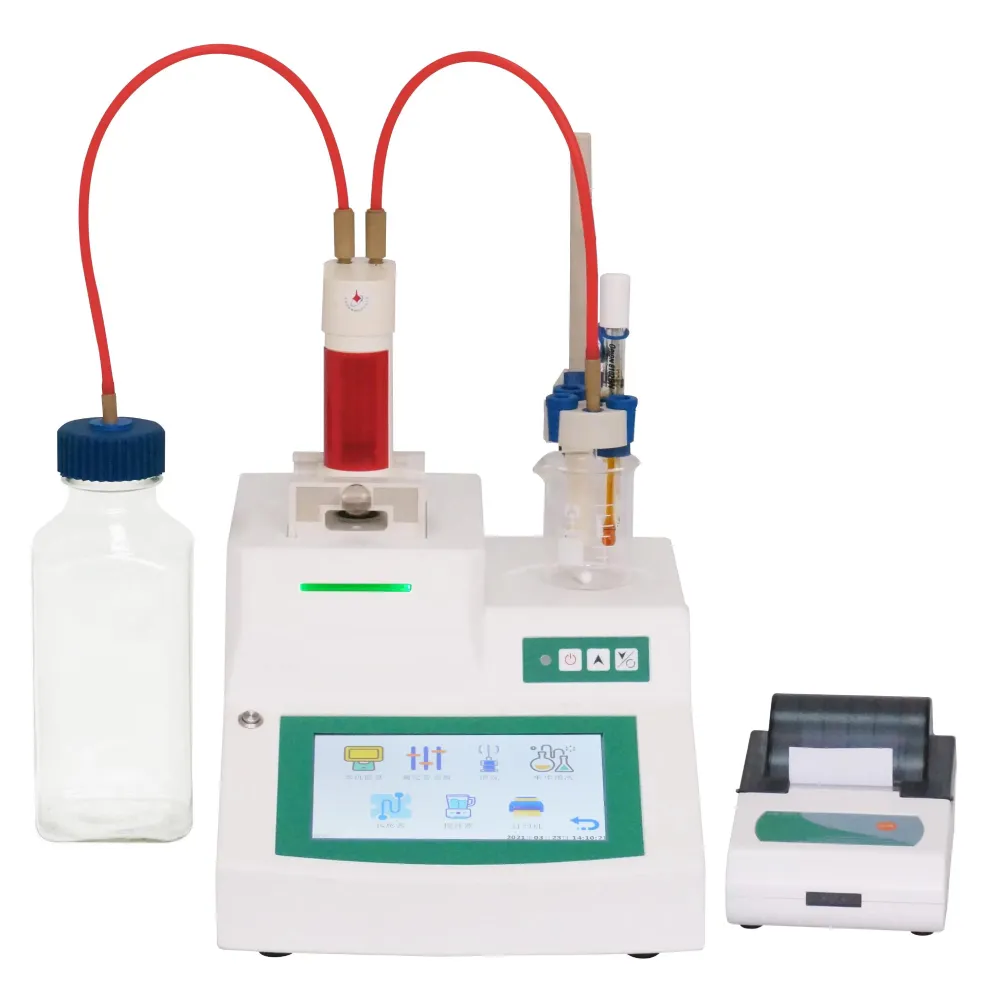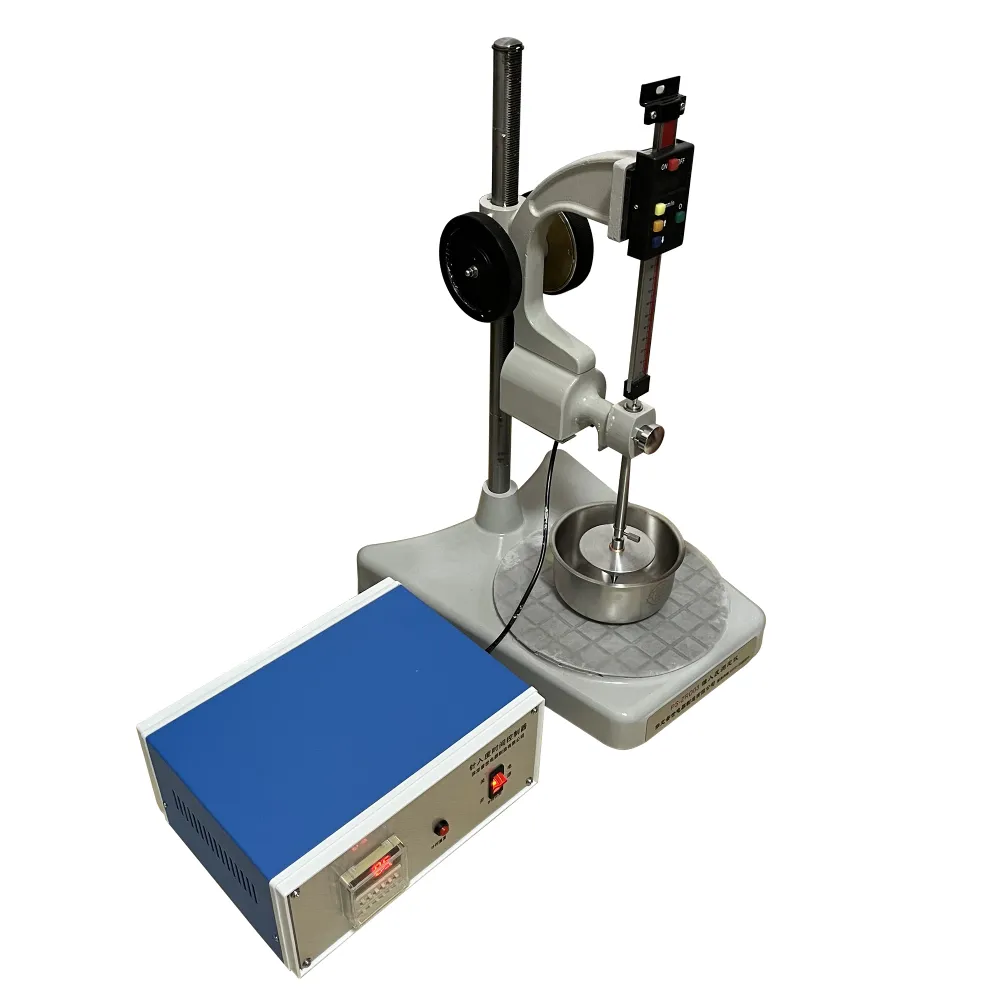TEL:
+86-0312-3189593
 English
English

Telephone:0312-3189593

Email:sales@oil-tester.com
3 月 . 04, 2025 10:08
Back to list
PS-DC10A Transformer DC Winding Resistance Tester
Understanding the Ins and Outs of 500V Insulation Resistance for Electrical Systems
In addition to the ambient conditions, one must consider the material properties of the insulation itself. Differences among materials in terms of dielectric strength and resistance to environmental factors (such as moisture and dust) influence how systems respond to a 500V test. Understanding these material characteristics aids in interpreting test results accurately and determining whether maintenance or replacement is necessary. The interpretation of insulation resistance values requires expertise. A high resistance reading generally signifies good insulation quality, whereas a low reading might indicate deterioration or potential faults. Expert evaluations often involve trend analysis, comparing current readings against baseline measurements taken when the equipment was new. This comparison helps detect gradual degradation and enables proactive maintenance decisions. Comprehensive trend analysis extends beyond singular tests. Implementing a maintenance schedule where 500V insulation resistance tests are conducted at regular intervals can significantly enhance system reliability and safety. Such practices not only assist in identifying potential issues before they escalate but also contribute to optimizing system performance and extending the lifespan of electrical components. An understanding of the underlying principles and the ability to analyze test data positions professionals as authoritative figures in their field. Investing time in mastering these tests leads to heightened trust among clients and colleagues, fostering a reputation for reliability and expertise. In summary, the value of a 500V insulation resistance test cannot be overstated. Its ability to uncover weaknesses and foresee potential failures elevates it from a routine procedure to an essential component of comprehensive system maintenance. Professionals equipped with this knowledge not only safeguard individual components but ensure the overarching integrity of electrical systems—essential for safety and efficiency in diverse applications.


In addition to the ambient conditions, one must consider the material properties of the insulation itself. Differences among materials in terms of dielectric strength and resistance to environmental factors (such as moisture and dust) influence how systems respond to a 500V test. Understanding these material characteristics aids in interpreting test results accurately and determining whether maintenance or replacement is necessary. The interpretation of insulation resistance values requires expertise. A high resistance reading generally signifies good insulation quality, whereas a low reading might indicate deterioration or potential faults. Expert evaluations often involve trend analysis, comparing current readings against baseline measurements taken when the equipment was new. This comparison helps detect gradual degradation and enables proactive maintenance decisions. Comprehensive trend analysis extends beyond singular tests. Implementing a maintenance schedule where 500V insulation resistance tests are conducted at regular intervals can significantly enhance system reliability and safety. Such practices not only assist in identifying potential issues before they escalate but also contribute to optimizing system performance and extending the lifespan of electrical components. An understanding of the underlying principles and the ability to analyze test data positions professionals as authoritative figures in their field. Investing time in mastering these tests leads to heightened trust among clients and colleagues, fostering a reputation for reliability and expertise. In summary, the value of a 500V insulation resistance test cannot be overstated. Its ability to uncover weaknesses and foresee potential failures elevates it from a routine procedure to an essential component of comprehensive system maintenance. Professionals equipped with this knowledge not only safeguard individual components but ensure the overarching integrity of electrical systems—essential for safety and efficiency in diverse applications.
Latest news
-
Differences between open cup flash point tester and closed cup flash point testerNewsOct.31,2024
-
The Reliable Load Tap ChangerNewsOct.23,2024
-
The Essential Guide to Hipot TestersNewsOct.23,2024
-
The Digital Insulation TesterNewsOct.23,2024
-
The Best Earth Loop Impedance Tester for SaleNewsOct.23,2024
-
Tan Delta Tester--The Essential Tool for Electrical Insulation TestingNewsOct.23,2024





